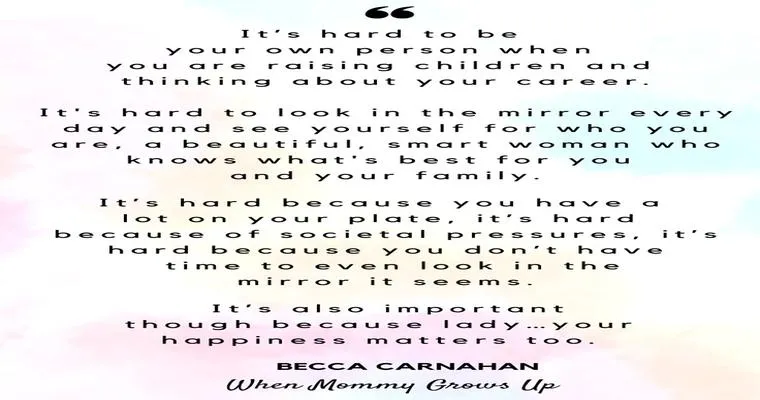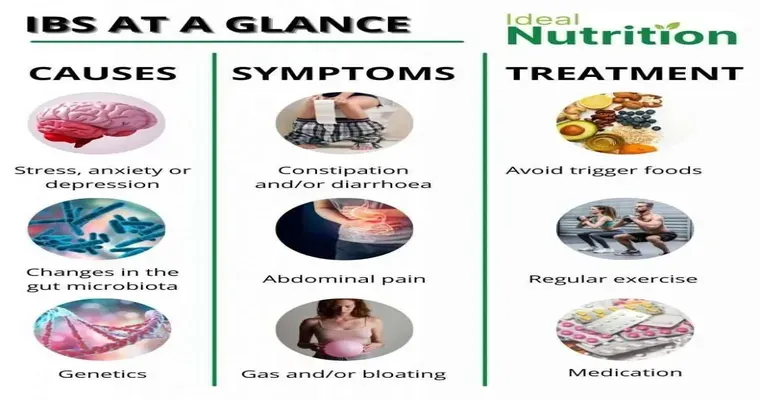Recently, my mother faced a distressing situation where she was "refused food" due to her inability to come to the "dinner room" because of her illness. This incident has raised serious questions about the treatment of individuals who are vulnerable and dependent on others for care. Could this be considered "abuse"? In this article, we will explore the implications of denying food to someone who is already suffering from a health condition and the broader context of "elder abuse" and "neglect".
When an individual is unable to care for themselves due to illness, it is the responsibility of caregivers to ensure their basic needs are met, including access to food and hydration. Refusing to provide nourishment to someone who is unable to get to the dinner table can be seen as a form of neglect, particularly if the refusal is based on the person's condition rather than their behavior. This raises ethical concerns about the treatment of those who are sick or elderly, and whether such actions can be classified as abuse.
"Elder abuse" encompasses a range of mistreatment, including physical, emotional, and neglectful behaviors. Neglect, in particular, occurs when a caregiver fails to meet the basic needs of an individual in their care, such as providing adequate food and medical attention. In my mother’s case, the refusal to provide food while she was too sick to come to the dining area can certainly be viewed through the lens of neglect. It highlights a lack of compassion and understanding for her condition, which can have serious physical and emotional repercussions.
Furthermore, the implications of such actions extend beyond just the immediate need for food. Denying someone nourishment can lead to worsening health conditions, increased feelings of isolation, and a decline in overall well-being. It is essential to consider the long-term effects of neglecting the needs of those who are unable to advocate for themselves, especially in situations involving chronic illness or aging.
In light of this incident, it is crucial for families and caregivers to have open conversations about the treatment of those who are sick or elderly. Establishing clear communication can help prevent misunderstandings and ensure that everyone’s needs are met in a compassionate manner. Caregivers must be educated on the signs of neglect and the importance of providing not just physical care, but emotional support as well.
If you or someone you know is experiencing similar situations of neglect or abuse, it is important to seek help. There are resources available for reporting abuse and advocating for the rights of those who are unable to speak for themselves. Local organizations and hotlines can provide guidance and support in addressing these serious issues.
In conclusion, the unfortunate situation my mother faced is not just an isolated incident but a reflection of a broader issue regarding the treatment of the sick and elderly. Refusing food to someone who is too ill to care for themselves can indeed be considered a form of neglect and potentially abuse. It is our responsibility as a society to ensure that all individuals, regardless of their health status, are treated with dignity and respect. Ensuring that basic needs are met is not just a matter of care; it is a fundamental human right.





